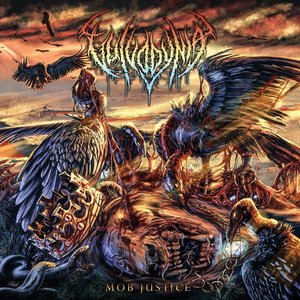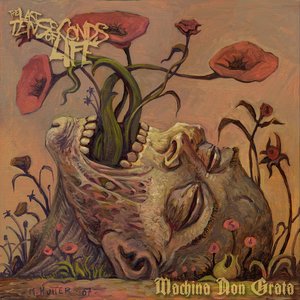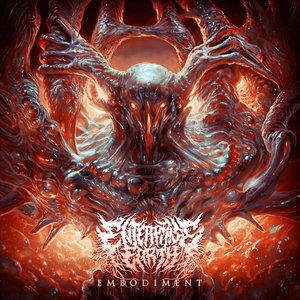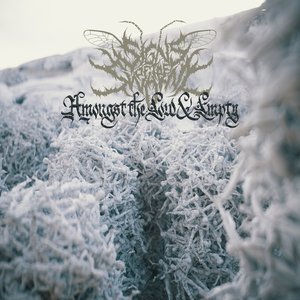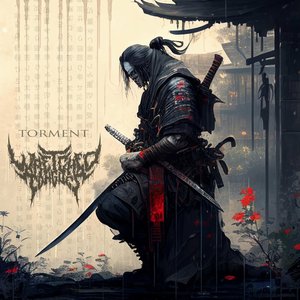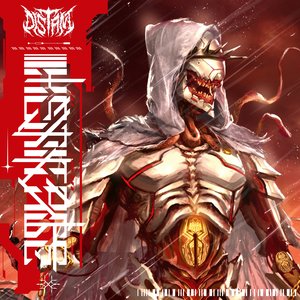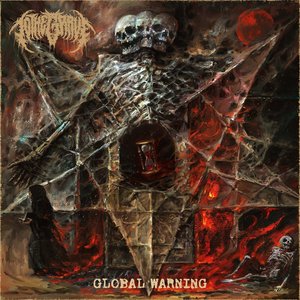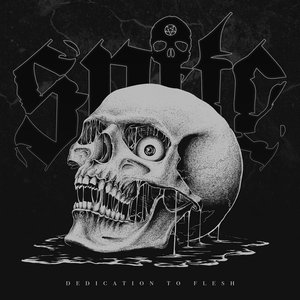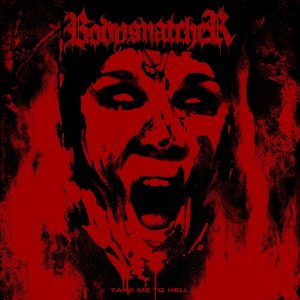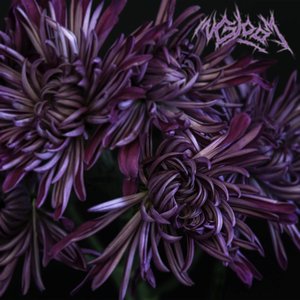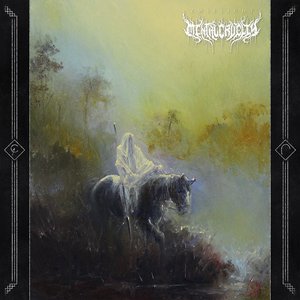Wiki
-
Release Date
6 June 2019
-
Length
11 tracks
The root Tyran- comes from ancient Greek, which was in turn adapted by Latin to tyrannus meaning “ruler,” especially with violence, oppression or force. And that makes sense—look at the things we see “tryan” as part of now: Tyrannosaurus Rex (pretty badass), tyrant (rulers with iron fists more often than not, and also pretty badass), tyrannical (to dominate or oppress without remorse; still badass) and—now—Tyrannotophia, the debut full-length record by the ruthless Rotterdam deathcore outfit, Distant. Combining elements of deathcore, slamming brutal death metal and deathcore’s downtempo cousin, Distant create a record that draws influence from just about every sort of “heavy” one can conjure up, ranging from the atmospheric and eerie to the in-your-face, bold and brutalizing. A languishing assortment of pulverizing blast beats, scathing leads, slamming breakdowns and haunting, harrowing passages, Tyrannotophia is—to be blunt—big, and very oppressive.
Distant excel in bringing heaviness. There are moments of technicality and atmosphere abound on Tyrannotophia, but by and large, it is a vulgar display of power and force. That’s it—and they do it exceptionally well. From the captivating introductory number, “The Blind Prophecy” through lead single “Zeroten” and “Chasm of Despair” all the way until the bleak, languishing close to “Inside Out,” the band stop at nothing to wreak pure havoc on the listener. Percussionist Shainel Ramharakh serves as the band’s core, and aptly dishes out devastating blast-beats and brutalizing breakdowns with ease. Songs like “Zeroten” see a marked focus on the latter—melding slam and breakdown into one abominable display of aggression—while others, “Abhorrence” or “Hollow Eyes” are more varied, with Ramharakh working excellently with bassist Elmer Maurits to lay a thick, grisly low end for guitarists Nouri Yetgin and Vladimir Golic to unleash hell upon. Maurits’ bass is a brilliant contrast to Yetgin and Golic on “Hollow Eyes,” where moments of atmosphere break up the oppressive stream of dense deathcore that rains down upon the listener. On the contrary, Yetgin and Golic work in synchronous harmony with Maurits on “Zeroten,” wherein the listener is sledgehammered with gobs and gobs of grating, gnashing brutality. There are some moments—“Chasm of Despair,” “Abhorrence” among them—where the two guitarists sprinkle technicality into the mix; in truth, most of the cuts from Tyrannotophia have at least one or two riffs or grooves that catch the listener’s ear. These, however, are an addition to Distant doing what Distant do best: unholy heaviness. Note, this isn’t to impugn the band’s technical merits—they’re all talented at their instruments (Ramharakh’s drumming shines in this field, above and beyond the work of his peers), but they use their instruments for a focused goal of eviscerating the listener as thoroughly as possible from the first second someone smashes the “play” button.
Then, there are the band’s vocals to consider. Where deathcore—especially the more extreme niches of the genre—are concerned, everyone seems to know a talented vocalist, and it would appear Rotterdam is no exception. Frontman Alan Grnja is immense. Also known for his work in Shrill Whispers, Grjna’s voice is booming, shrill, shrieking and sinister all in one. “Zeroten,” or “Abhorrence” see his lower register dominate, whereas “Heirs of Torment” is a display in variety, his piercing screeches adding diversity and dynamism in among his gritty mid-range roar and low bellow. Grjna is talented—above and beyond the impressive standards set by extreme metal vocalists in 2019—and Tyrannotophia is proof for all those who might have been skeptical on the band’s previous efforts.
Distant find themselves—ironically—pretty damn close to perfection when it comes to delivering a relentlessly heavy record. Are there moments where a little more of the rare atmosphere and sludgy, doomy tones would have been appreciated? Sure—just as how more breakdowns akin to the catchy, fast-paced introductory cut would have been appreciated—but at the end of the day, those are suggestions more than they are deal breakers. Tyrannotophia is heaviness incarnate—alongside labelmates Osiah, Distant prove themselves as an act who are damn good at just being heavy. So if that’s what you want—unending brutality with enough technicality, groove and atmosphere to keep it from getting stale—then you shouldn’t have too Distant a trek to be able to check out Tyrannotophia.
Album descriptions on Last.fm are editable by everyone. Feel free to contribute!
All user-contributed text on this page is available under the Creative Commons Attribution-ShareAlike License; additional terms may apply.

